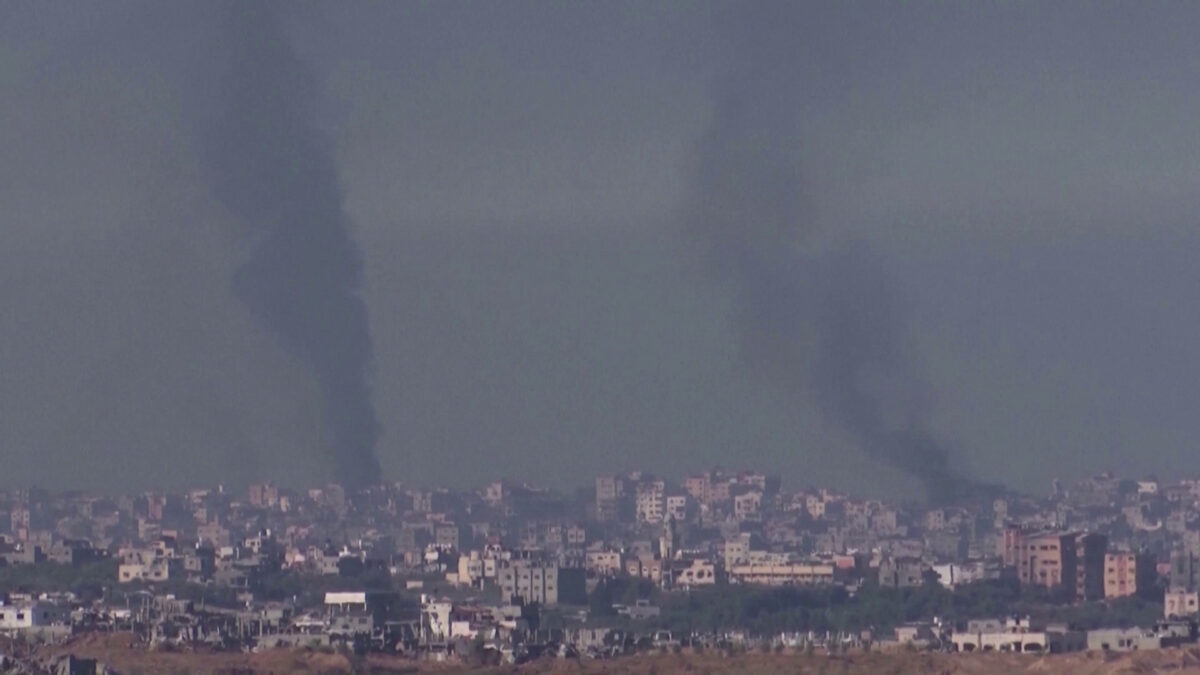The UN Security Council has urged for enhanced humanitarian assistance to Gaza, amidst concerns raised by UN Secretary-General Antonio Guterres about Israel creating significant hindrances to aid distribution within the conflict-stricken area.
In a resolution passed on Friday, after avoiding a potential US veto, the Council called for “safe, unhindered, and expanded humanitarian access” to Gaza and a sustainable halt to hostilities. The resolution, initially more forceful in demanding an immediate ceasefire and lessening Israeli control over aid, was moderated to enable passage, with the United States abstaining.
The US has consistently supported Israel’s right to self-defense, especially following an Oct. 7 incident involving Hamas militants from Gaza, who killed 1,200 people and took 240 hostages. Gilad Erdan, Israel’s UN ambassador, criticized the Security Council’s focus on aid mechanisms, asserting that Israel already allows sufficient aid delivery.
The resolution faced mixed reactions from Palestinian factions. Hamas, ruling Gaza, deemed it inadequate for the enclave’s needs, while the West Bank-based Palestinian Authority viewed it as a positive step towards ending hostilities and ensuring aid delivery.
The United States and Israel, both committed to countering Hamas, have not favored a ceasefire, arguing it could enable the militant group to rebuild and rearm. However, the Biden administration has expressed increasing concern over the rising casualties and humanitarian crisis due to Israel’s ongoing military campaign.
Guterres highlighted the operational challenges imposed by Israel in Gaza, where the UN estimates only 10% of necessary aid is being delivered. Despite Israel’s claim of sending 5,405 aid trucks with essential supplies since the conflict began, Gaza’s health ministry reports 20,057 Palestinian casualties, 53,320 injuries, and extensive displacement and destruction.
Israel has lost 140 soldiers since its ground operation commenced on Oct. 20.





